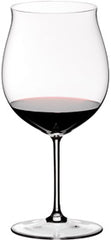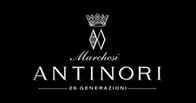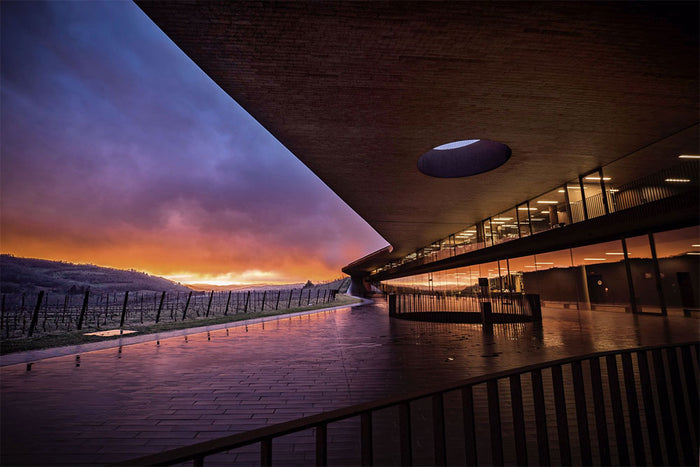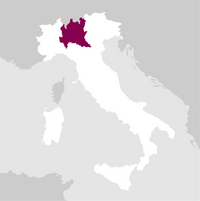Description
Villa Antinori is, first and foremost, an idea, a way of conceiving wine production: as experimentation and evolution on the one hand, as the historical value on the other. Sangiovese and other complementary varieties pay homage to a historic label and a wine with a long tradition: this name has, in fact, almost a hundred years of history and was first produced in the 1928 vintage. With the inauguration of the Antinori winery in Chianti Classico, the company wished to reinterpret a Tuscan classic through a delicate and, at the same time, decisive and elegant Riserva.

Perfume

Color

Taste
Serve at:
16 - 18 °C.
Longevity:
10 - 15 years
Decanting time:
1 hour

- Start up year: 1385
- Oenologist: Renzo Cotarella
- Bottles produced: 20.000.000
- Hectares: 1.400
The Antinori family’s first encounter with wine dates back to 1385, when Giovanni di Piero Antinori joined the Guild of Wine Merchants to make the best use of the family’s country properties in Valdarno, around Florence.
However, it was not until the 16th century that banker and merchant Alessandro Antinori made the wine from his estates famous in Italy and abroad, travelling from Lyons to Flanders, and from Spain to Algiers.
Wine was to remain the family’s passion and main business activity, so much so that in 1898 the "Fattoria dei Marchesi Lodovico e Piero Antinori" was created by brothers Lodovico and Piero, the sons of Marchese Niccolò – a direct descendent of that other Niccolò who purchased Palazzo Antinori in 1506 and poured his efforts into publicising Tuscan wines around the world and creating fine quality products. For 26 generations the Antinori family have continued to make history.
In 2023, at the beginning of February, Villa Antinori Toscana IGT 2019 was named the third wine in the world, the only Italian wine, in Wine Specator's Top 10 Values 2022: the list of the 10 wines that according to the American magazine represent world excellence in terms of value for money. Read more


| Name | Antinori Chianti Classico Villa Antinori Riserva Magnum 2021 |
|---|---|
| Type | Red still |
| Denomination | Chianti Classico DOCG |
| Vintage | 2021 |
| Size | 1,50 l |
| Alcohol content | 14.0% by volume |
| Grape varieties | 90% Sangiovese, Canaiolo Nero |
| Country | Italy |
| Region | Tuscany |
| Vendor | Antinori |
| Origin | San Casciano Val di Pesa (Florence). |
| Fermentation temperature | 86 °F (30 °C) |
| Wine making | After being destemmed and softly crushed, the grapes were transferred to stainless steel tanks where alcoholic fermentation occurred at a controlled temperature not exceeding 30°C. Maceration lasted approximately 15 days, during which time mechanical interventions were carried out for the controlled extraction of aromas, structure and sweet tannins. |
| Aging | At the end of malolactic fermentation, which took place in stainless steel tanks for the Sangiovese and in second and third passage barriques for the other varieties, the various batches were assembled and continued their ageing in wood, mainly in large casks and partly in barriques, until spring. |
| Allergens | Contains sulphites |





